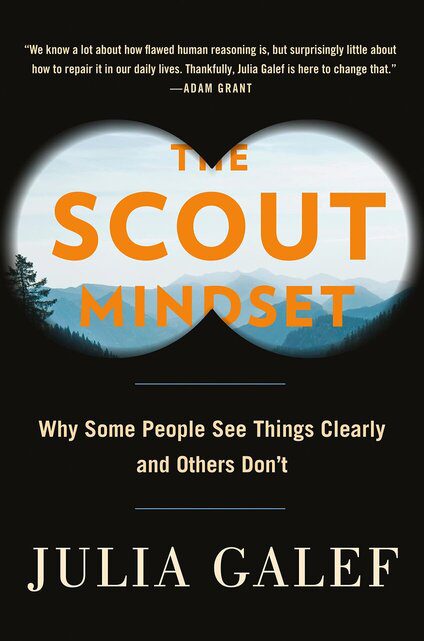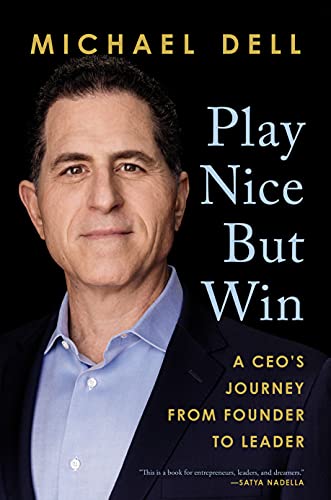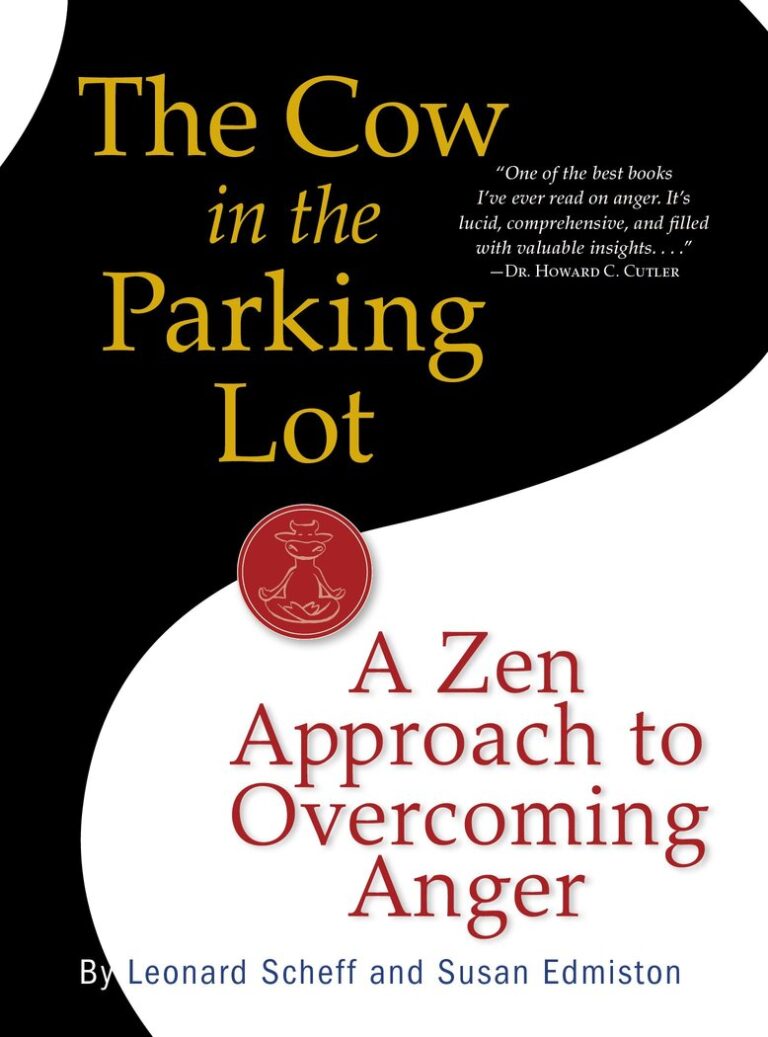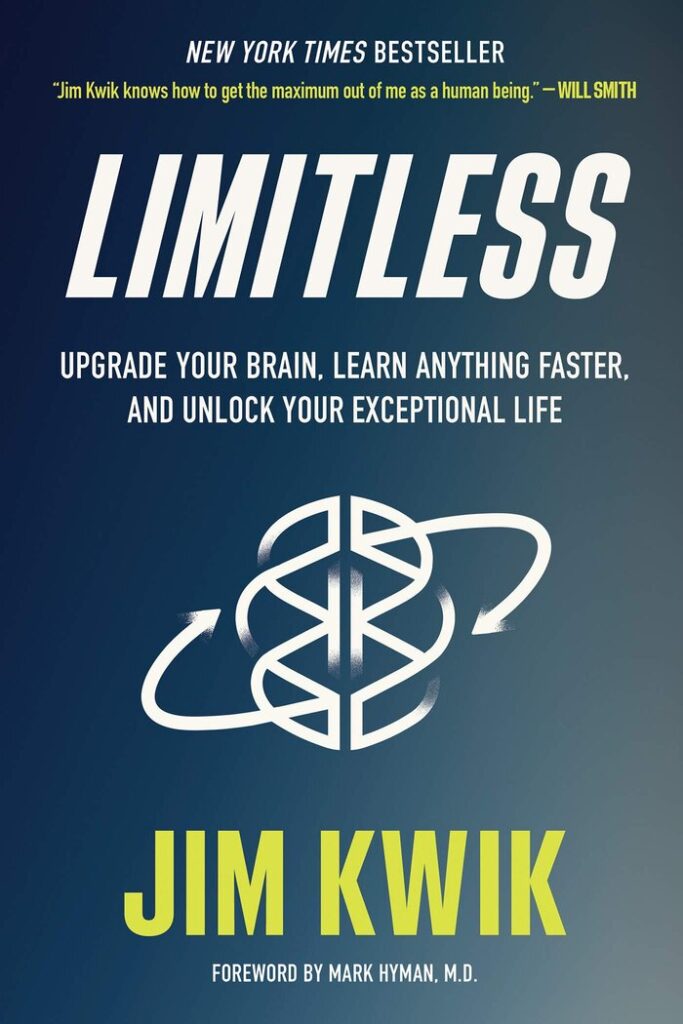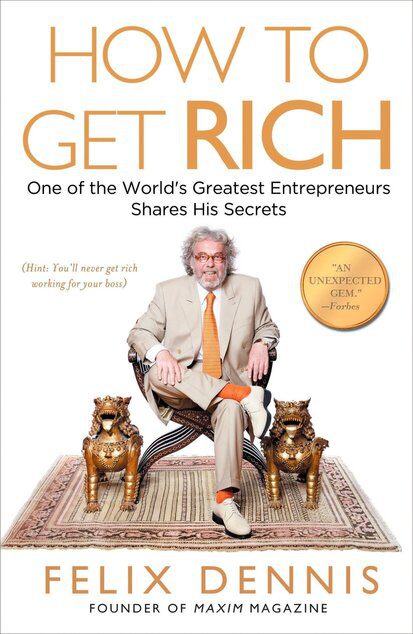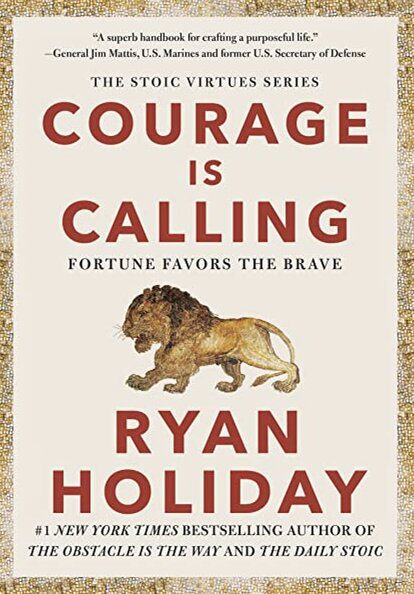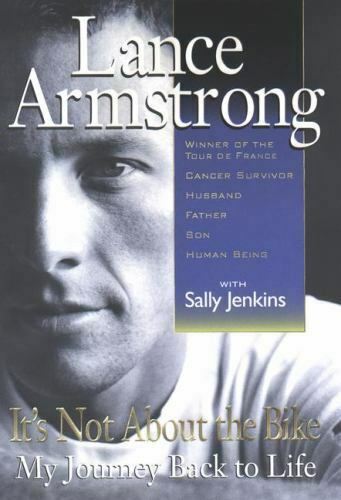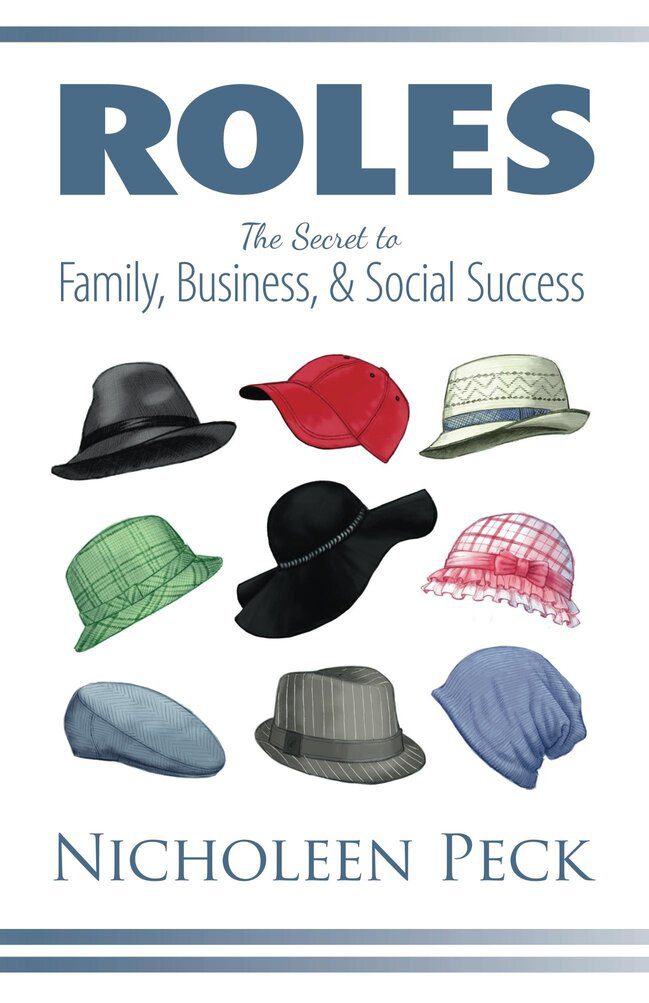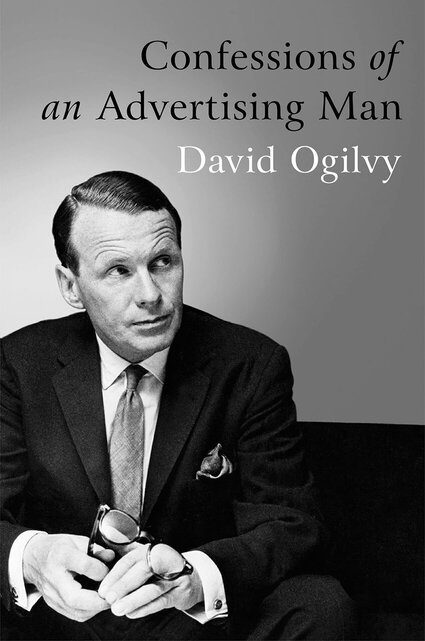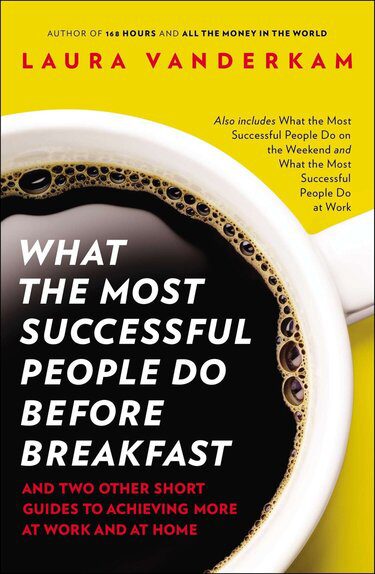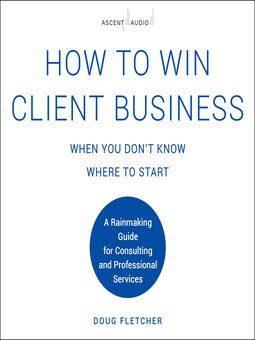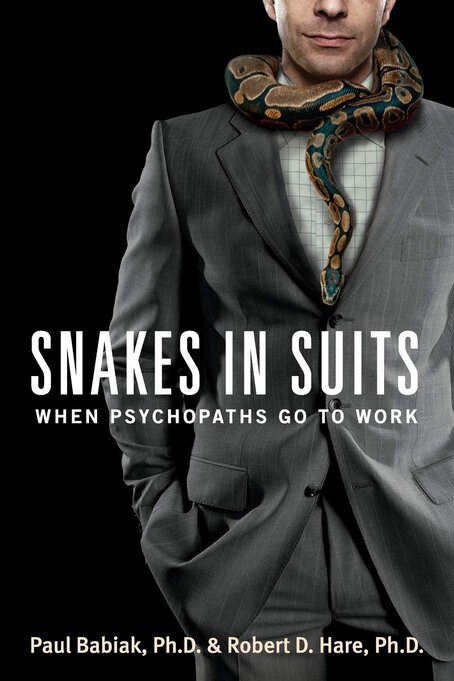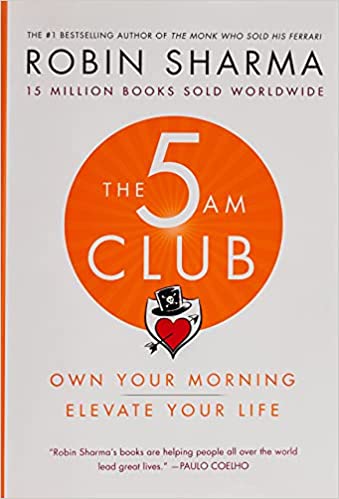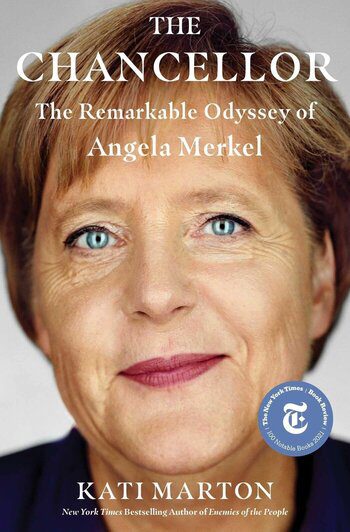In The Scout Mindset: Why Some People See Things Clearly, and Others Don’t, author Julia Galef describes two approaches to thinking: the soldier and scout mindsets. Julia argues that what makes scouts better at getting things right isn’t that they’re smarter or more knowledgeable than everyone else. It’s a handful of emotional skills, habits, and ways of looking at the world—that anyone can learn.
In Play Nice But Win: A CEO’s Journey from Founder to Leader, founder, chairman, and CEO of Dell Technologies, Micheal Dell reflects on the three major battles waged for the soul of Dell Technologies: launching it, keeping it and transforming it. Dell describes the highs and lows of running the business in the midst of changing technology industry.
Managing anger is like putting a mean dog on a leash: he can still bite you or other people. Transforming anger is making the dog into a friendly pet.
Based on the successful anger management program (Letting Go of Anger Seminar) Leonard Scheff created, The Cow in the Parking Lot shows how anger is based on unmet demands, and introduces the four most common types—Important and Reasonable (you want love from your partner); Reasonable but Unimportant (you didn’t get that seat in the restaurant window); Irrational (you want respect from a stranger); and the Impossible (you want someone to fix everything wrong in your life).
The Cow in the Parking Lot teaches how to harness the powerful but entirely negative energy of anger and change it into positive and compassionate emotions, giving you the strength to love others and live at peace with yourself.
“The reasonable man adapts himself to the world. The unreasonable one persists in trying to adapt the world to himself. Therefore, all progress depends upon the unreasonable man.” – George Bernard Shaw
American billionaire entrepreneur and philanthropist Eli Broad. shares lessons learned and strategies that made him successful in his six-decade experience of building institutions in the four industries that he had ventured into – Accounting, Real Estate, Retirement Savings and Philanthropy. Eli also narrates his successes and mistakes on his path to greatness and unreasonable which led to building two fortune 500 companies (KB Home and Sun America).
“Over the past six decades, I have had four careers: accounting, homebuilding, retirement savings, and philanthropy. I became the first person to build two Fortune 500 companies from the ground up in two different industries.”
Eli argues that unreasonable thinking can help you achieve goals others may tell you are out of reach, and how to silence the voice of conventional wisdom that too often keeps most of us from attempting to achieve our goals.
“Eli Broad’s life is a great American story, not only because it is a story of hard work and success, but because it’s a story of dreams—of pushing into new frontiers and believing that the impossible can be achieved.” – Michall Bloomberg“Eli Broad’s life is a great American story, not only because it is a story of hard work and success, but because it’s a story of dreams—of pushing into new frontiers and believing that the impossible can be achieved.” – Michael Bloomberg, Mayor of New York City
In Limitless: Upgrade Your Brain, Learn Anything Faster, and Unlock Your Exceptional Life, brain coach Jim Kwik provides a road map to become limitless, indicting the four growing villains that are challenging our capacity to think, focus, learn, grow, and be fully human.
Limitless gives people the ability to accomplish more–more productivity, more transformation, more personal success and business achievement–by changing their Mindset, Motivation, and Methods.
The inferior man’s reasons for hating knowledge are not hard to discern. He hates it because it is complex— because it puts an unbearable burden on his meager capacity for taking in ideas. Thus his search is always for short cuts. All superstitions are such short cuts. Their aim is to make the unintelligible simple, and even obvious.” – American critic H. L. Mencken
Starting as a college dropout with no family money, Felix created a publishing empire, founded Maxim magazine, and made himself one of the richest people in the UK.
“The bottom line is that if I did it, you can do it. I went from being a pauper—a hippie dropout on welfare living in a crummy room without the proverbial pot to piss in, without even the money to pay the rent, without a clue as to what to do next—to being rich. And I am certainly no business genius, as my rivals will happily and swiftly confirm.” – Felix Dennis
Courage is Calling is the first book in Ryan Holiday’s series on the cardinal virtues of ancient philosophy which include four key components: Courage. Temperance. Justice. Wisdom.
Holiday explored the courageous practice of historical and contemporary leaders like Charles de Gaulle to Leonidas, Frederick Douglass, Theodore Roosevelt, Eleanor Roosevelt, Marcus Aurelius, Sophia Farrar, Frank Serpico, James Stockdale.
The virtues are interrelated and inseparable, yet each is distinct from the others. Doing the right thing almost always takes courage, just as discipline is impossible without the wisdom to know what is worth choosing.
It’s Not About the Bike: My Journey Back to Life is the story of Armstrong’s journey from inauspicious beginnings through triumph, tragedy, transformation, and transcendence. In 1996, at the prime of his career, Armstrong was diagnosed with testicular cancer, which later spread to his lungs, abdomen, and brain, and was only given a 40 percent chance of living.
In It’s Not About the Bike, American former professional road racing cyclist, Lance Armstrong reflects on his upbringing, upstart as a triathlete, cycling career, battling and surviving testicular cancer, and coming back to win multiple tour de France competitions.
In Roles: The Secret to Family, Business, and Social Success, author, and public speaker Nicholeen Peck discuss the importance of roles in the family unit, business, and social settings. She writes about the power of roles, Family Dysfunction, and the difference between roles and responsibilities.
Roles are a power. They prepare us to live securely and happily. They also help us to spread happiness and to support and love each other — as well as promote relationship freedom. Too many people today are in emotional and relationship bondage. Understanding roles is a vital secret to breaking away from that bondage and finding the relationship freedom and personal power that awaits us all.
In Confessions of an Advertising Man, founder of Ogilvy & Mather and “Father of Advertising,” David Ogilvy shares his philosophy, pioneering ideas and strategies for becoming a successful advertising man. Other topics covered include people management, corporate ethics, office politics, and insights for building a successful advertising business.
The confessions of an Advertising Man was first published in 1963, and it is considered as essential reading for advertising students and practitioners.
In What the Most Successful People Do Before Breakfast: A Short Guide to Making Over Your Mornings–and Life, author of 168 Hours: You Have More Time Than You Think, describes through real-life anecdotes and scientific research why the early hours of the day are so important and how successful people use mornings to help them accomplish things that are often impossible to take care of later in the day.
In How to Win Client Business When You Don’t Know Where to Start: A Rainmaking Guide for Consulting and Professional Services, author Doug Fletcher provides a guide for selling professional and consulting services.
In Snakes in Suits: When Psychopaths Go to Work, industrial psychologist Paul Babiak and criminal psychologist Robert D. Hare, describe the typical psychopaths at work, their personality characteristics, and strategies for dealing with the psychopaths.
Characters
The Case of Dave
The Case of Dave, is broken down into ten segments, written out as scenes in a stage play, so that the reader can not only see and feel the presence of psychopaths but also directly tie their machinations to the content presented in the related text.
The Case of the Pit Bull
The Case of the Pit Bull, to illustrate the entire psychopathic manipulation process as it often plays out in real life.
In The 5 AM Club: Own Your Morning. Elevate Your Life, Canadian elite performance and leadership writer Robin Sharma describes the morning routine used by his clients to maximize their productivity, activate their best health and bulletproof their serenity in this age of overwhelming complexity.
In The Chancellor: The Remarkable Odyssey of Angela Merkel, Hungarian-American journalist Kati Marton chronicles the rise and reign of Germany’s first female chancellor, and how this triple outsider—an East German, a scientist, and a woman transformed Germany into the leader of Europe—not just an economic leader but a moral one too—and into an immigrant nation by accepting one million Middle Eastern refugees.
A pastor’s daughter raised in Soviet-controlled East Germany, she spent her twenties working as a research chemist, entering politics only after the fall of the Berlin Wall. And yet within fifteen years, she had become chancellor of Germany and, before long, the unofficial leader of the West.
